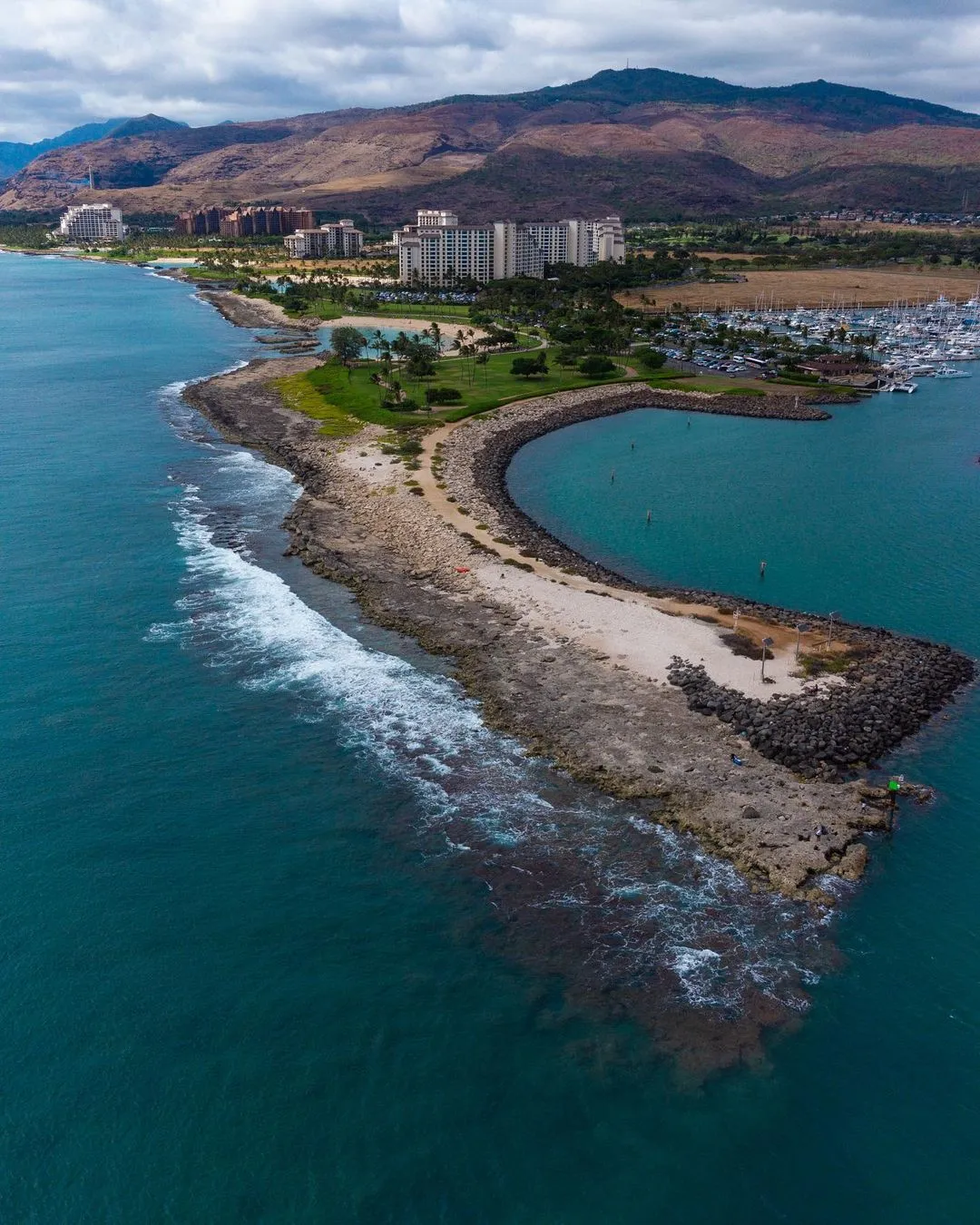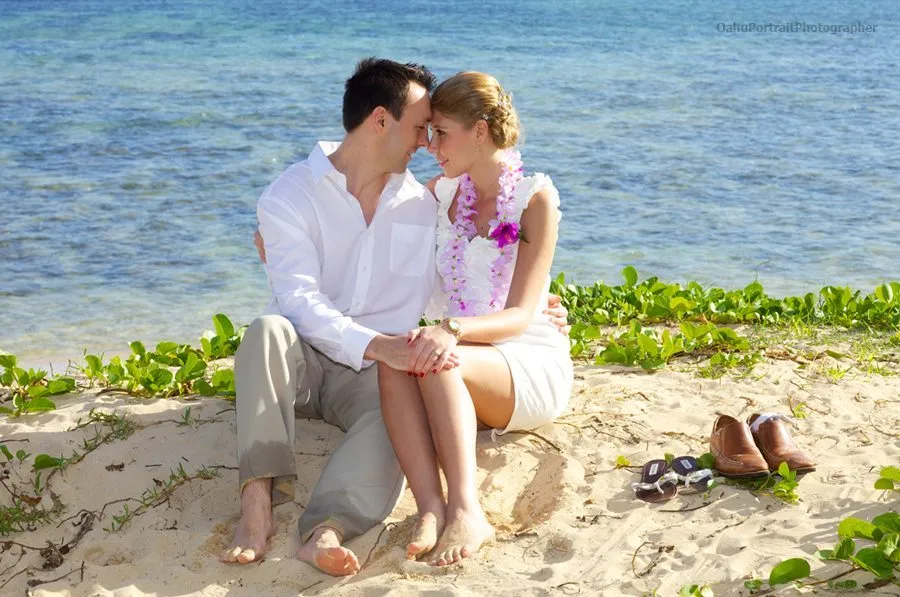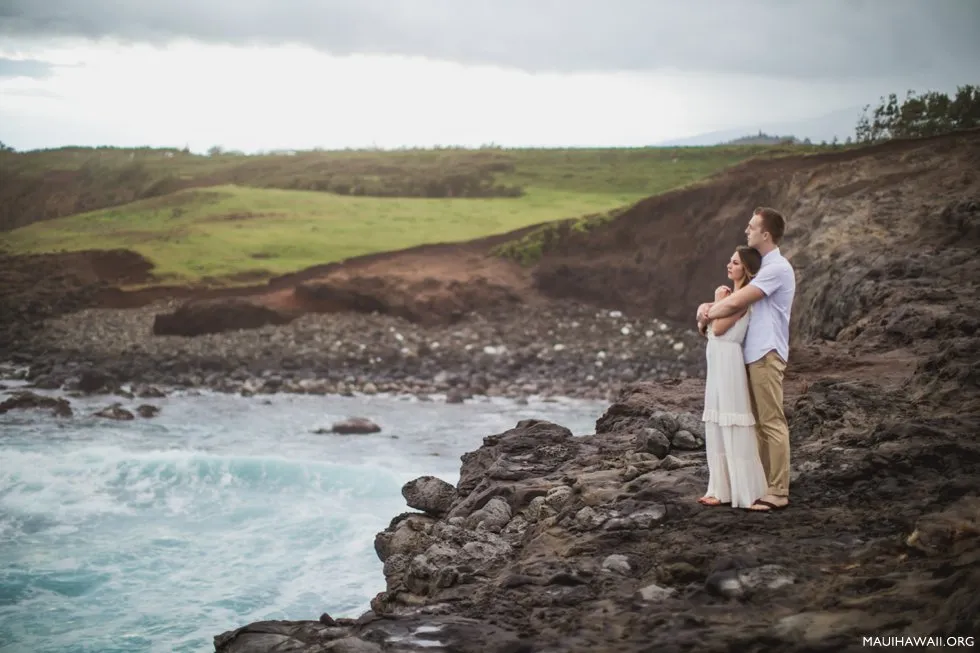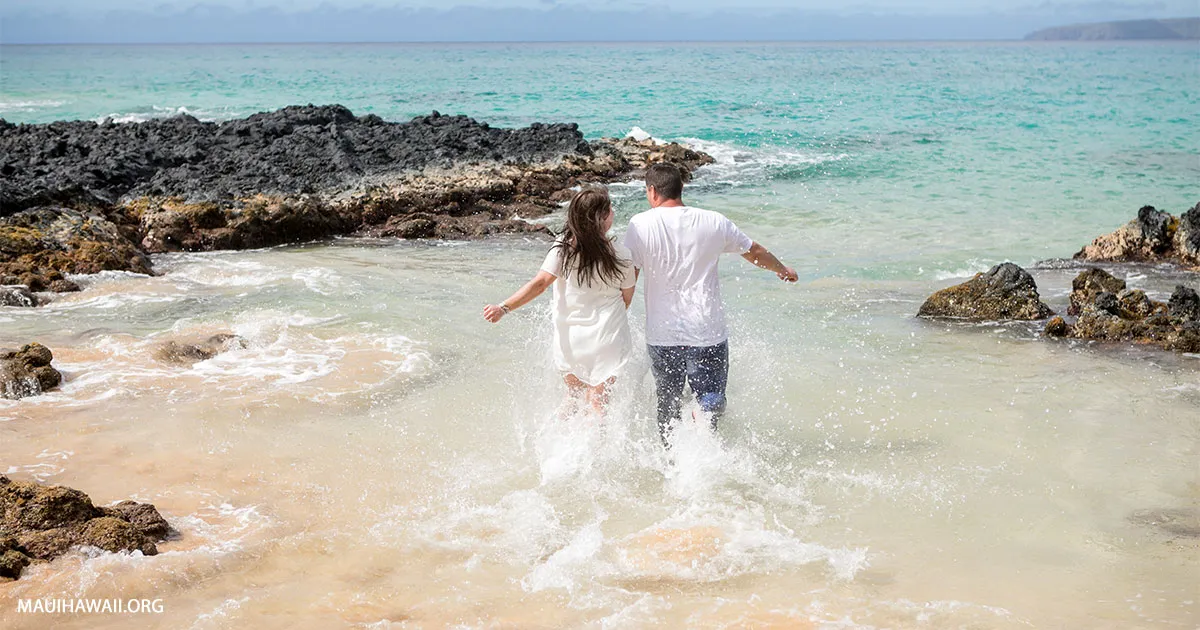Hawaii Honeymoon Prices: Introduction
A honeymoon in Hawaii is a dream for many couples, conjuring images of pristine beaches, lush landscapes, and romantic sunsets. However, the allure of paradise often comes with a hefty price tag. Understanding Hawaii honeymoon prices is crucial for planning a trip that aligns with your budget without sacrificing the magic of the experience. This guide provides a comprehensive overview of the costs involved and, more importantly, offers practical tips to save money and make your dream honeymoon a reality. From flights and accommodation to activities and dining, we’ll break down the expenses, so you can plan with confidence and enjoy every moment of your special trip. Knowing what to expect in terms of Hawaii honeymoon prices allows you to make informed decisions, prioritize your spending, and ultimately create lasting memories.
Understanding Hawaii Honeymoon Costs
Before delving into the specific tips for saving money, it’s essential to understand the components that contribute to the overall cost of a Hawaiian honeymoon. The expenses can vary significantly based on your choices, preferences, and the time of year. Planning ahead, doing research, and comparing prices are key steps. Knowing the main elements will help you establish a budget and allocate funds accordingly. Be ready to adjust based on your priorities and make informed decisions. Let’s break down the major cost factors.
Flights to Hawaii

Flights are typically one of the most significant expenses. The cost varies based on your departure city, the time of year, and how far in advance you book. Peak seasons, like summer and holidays, command higher prices. Consider flying during the shoulder season (April-May or September-October) for potentially lower fares. Using flight comparison websites and being flexible with your travel dates can also help you find deals. Direct flights are convenient but often more expensive than those with layovers. Consider the tradeoff between time and cost. Also, check the baggage fees. Many airlines charge extra for checked bags, so pack light to avoid additional costs.
Accommodation Expenses
Accommodation costs vary widely, from budget-friendly hotels and vacation rentals to luxurious resorts. The location, amenities, and time of year impact the price. Resorts often include more amenities, such as pools, restaurants, and activities, but they can be costly. Vacation rentals can offer more space and kitchen facilities, which can save money on food. Look for hotels slightly inland to potentially save money compared to beachfront locations. Consider the length of your stay. Staying longer can sometimes lower the per-night rate. Comparing options and reading reviews is critical to finding accommodation that fits your budget and preferences. Remember to factor in resort fees, which are often charged in addition to the room rate.
Food and Drink Costs
Food and drinks can quickly add up, especially in popular tourist destinations. Dining out for every meal can be expensive. Consider a mix of dining options, including casual eateries, food trucks, and grocery shopping for some meals. Happy hour specials and early bird menus can offer significant savings. Explore local markets for fresh produce and snacks. Drinking alcoholic beverages can also be expensive, so consider bringing your own or taking advantage of happy hour deals. When booking your accommodation, see if it includes a complimentary breakfast to reduce meal costs. Be mindful of the tipping practices in Hawaii, which are usually around 15-20%.
Activities and Entertainment Budget

Hawaii offers a plethora of activities, from surfing lessons and snorkeling to luau and helicopter tours. These activities vary widely in price. Prioritize the experiences that are most important to you and allocate your budget accordingly. Some activities are free, such as hiking, swimming at the beach, and exploring parks. Look for discounts and deals on tours and activities. Booking in advance can often secure a lower price, and bundle packages can be a cost-effective option. Consider a mix of paid and free activities to balance your budget. Always check prices. Remember to factor in transportation costs to the activity location.
Transportation Expenses
Transportation costs include car rentals, taxis, ride-sharing services, and public transportation. Renting a car provides flexibility but can be expensive, especially with added insurance and parking fees. Consider renting a car for only a portion of your trip. Taxis and ride-sharing can be convenient but add up quickly. Public transportation, where available, is a budget-friendly option. If you plan to stay in one area and primarily relax, you may be able to get by without renting a car. Research the transportation options available on each island and choose the most cost-effective method for your itinerary. Factor in airport transfers and parking charges.
Wedding Packages and Add-ons
If you are planning to get married or renew your vows in Hawaii, the cost of wedding packages is a significant factor. Wedding packages can range from simple ceremonies to elaborate events. Prices depend on the venue, the number of guests, the services included, and the time of year. Consider the wedding’s scope, considering what’s most important to you. Many resorts offer wedding packages. Look for package deals to save money. Extra costs can be added with specific requests like flowers or photography. A smaller wedding, or elopement, can dramatically lower expenses. Consider the possibility of a DIY approach to save money, as well as off-season weddings.
Tipping and Service Charges

Tipping is customary in Hawaii, particularly for services like dining, bartending, and transportation. Be sure to factor in these costs when estimating your budget. In restaurants, it’s typical to tip 15-20% of the bill. For drinks at the bar, $1-2 per drink is a standard tip. Tour guides and drivers also appreciate tips. Resort fees sometimes include service charges. Carefully review your bills and receipts to understand what is included in the price. Not tipping appropriately can lead to negative customer service, whereas a generous tip can enhance your experience.
7 Must-Know Tips for Saving on Hawaii Honeymoon Prices
Now that you understand the main costs, here are some practical tips to help you save money on your Hawaii honeymoon. By implementing these strategies, you can reduce your overall expenses without sacrificing the quality of your experience. Planning in advance, being flexible, and prioritizing your spending are key to making the most of your budget.
Travel During the Off-Season
Traveling during the off-season (April-May and September-October) can significantly reduce costs. You’ll find lower prices on flights, accommodation, and activities. The weather is generally still pleasant during these months, and you’ll avoid the crowds of peak season. Shoulder seasons offer a great balance of good weather, fewer tourists, and lower prices. Being flexible with your travel dates can also help you find deals. Be sure to check the local events and weather conditions before you go.
Consider All-Inclusive Resorts

All-inclusive resorts can simplify budgeting by including meals, drinks, and activities in the room rate. This can be particularly beneficial if you plan to spend most of your time at the resort. However, compare the total cost of an all-inclusive package with the potential cost of individual expenses. Sometimes, all-inclusive resorts are not the most economical option, especially if you plan to explore the island and eat at various restaurants. Review the amenities and inclusions to be sure they align with your preferences.
Look for Package Deals
Package deals often combine flights and accommodation at a discounted price. These packages can be found through travel agencies or online booking sites. Sometimes, you can find deals including activities. Compare different packages to find the best value. Ensure the inclusions match your preferences. Flexibility with travel dates and destinations can enhance your chances of finding a great deal. Keep an eye out for promotions and special offers. Packages can often be tailored to fit different budgets and preferences.
Cook Some Meals Yourself
Eating out for every meal can quickly drain your budget. Choose accommodation with a kitchen or kitchenette. You can cook some meals yourself, such as breakfast and lunch, and save money. Grocery shopping for supplies is a good way to save money. Pack snacks and drinks to avoid buying these items at inflated prices. Consider the cost of food when choosing your accommodation. This can be especially helpful if you have dietary restrictions. Local markets also offer a great selection of fresh produce and affordable options.
Take Advantage of Free Activities

Hawaii offers many free activities, such as hiking, swimming at the beach, and exploring parks. Research free options before your trip. Pack your own snorkeling gear. Many beaches offer free snorkeling and swimming. Visit botanical gardens, scenic viewpoints, and cultural sites. Look for free events, such as festivals and local markets. Make the most of the natural beauty of the islands, as it does not cost anything. Always remember to be safe.
Set a Realistic Budget
Before you start planning your trip, create a realistic budget and stick to it. Research costs and estimate expenses. Prioritize your spending. Identify the experiences that are most important to you and allocate funds accordingly. Track your spending during the trip. This is important to know how much you are spending. Be prepared to adjust your budget if necessary. Budgeting will help you stay in control of your finances and avoid overspending. Use budgeting tools and apps to make it easier.
Book in Advance
Booking flights and accommodation in advance can often secure better prices. Peak season and popular locations tend to get booked up quickly. Plan at least 6-9 months in advance. Set price alerts to track flight costs and be ready to book when the price drops. Read cancellation policies. This protects you from unforeseen circumstances. Look out for early bird discounts or promotional offers. Booking in advance can help you get the best deals and avoid last-minute price hikes.
Hidden Costs to Consider

Beyond the obvious expenses, there are hidden costs that can impact your budget. Being aware of these costs allows you to plan more effectively. Be sure to include these in your budget to prevent financial surprises.
Travel Insurance
Travel insurance protects you from unexpected events, such as medical emergencies, trip cancellations, and lost or stolen belongings. While it adds to your initial cost, it can save you money in the long run. Compare different insurance options. Ensure you have adequate coverage. Consider the cost of medical care. Review the policy details carefully. This includes any exclusions or limitations. Travel insurance provides peace of mind and protects you against unforeseen circumstances.
Souvenirs and Shopping
Souvenirs and shopping can add to your spending. Set a budget for these items. Consider buying souvenirs from local markets. This can provide unique items and support local businesses. Decide what souvenirs are important to you. Limit unnecessary purchases. Avoid impulse buys. Look for sales and discounts. Keep a list of souvenirs to help keep you on track. Bringing home a few souvenirs is a good way to remember your trip. (Image: Hawaii-souvenirs.jpg)
Unexpected Expenses
Be prepared for unexpected expenses. This may include unexpected delays, medical issues, or unforeseen activities. Set aside an emergency fund for unexpected costs. Pack a small first-aid kit. Research emergency services. Have backup plans for your itinerary. Having a buffer helps you manage unexpected events. This reduces financial stress.
Conclusion
Planning a honeymoon in Hawaii requires careful budgeting and smart financial decisions. Understanding Hawaii honeymoon prices, from flights and accommodation to activities and dining, is the first step toward a successful trip. By implementing the 7 must-know tips, couples can save money without sacrificing the romance and magic of a Hawaiian honeymoon. Prioritize your spending. Be flexible with your plans. Consider all-inclusive options. Remember that the most valuable memories often come from shared experiences. With careful planning and a realistic budget, you can create a dream honeymoon in Hawaii. Enjoy your special time together and the breathtaking beauty of the islands. Aloha!
